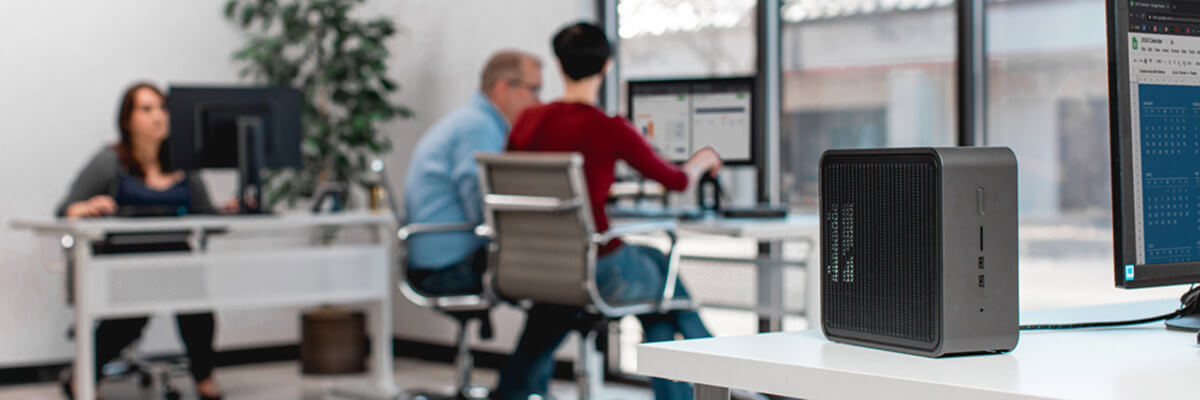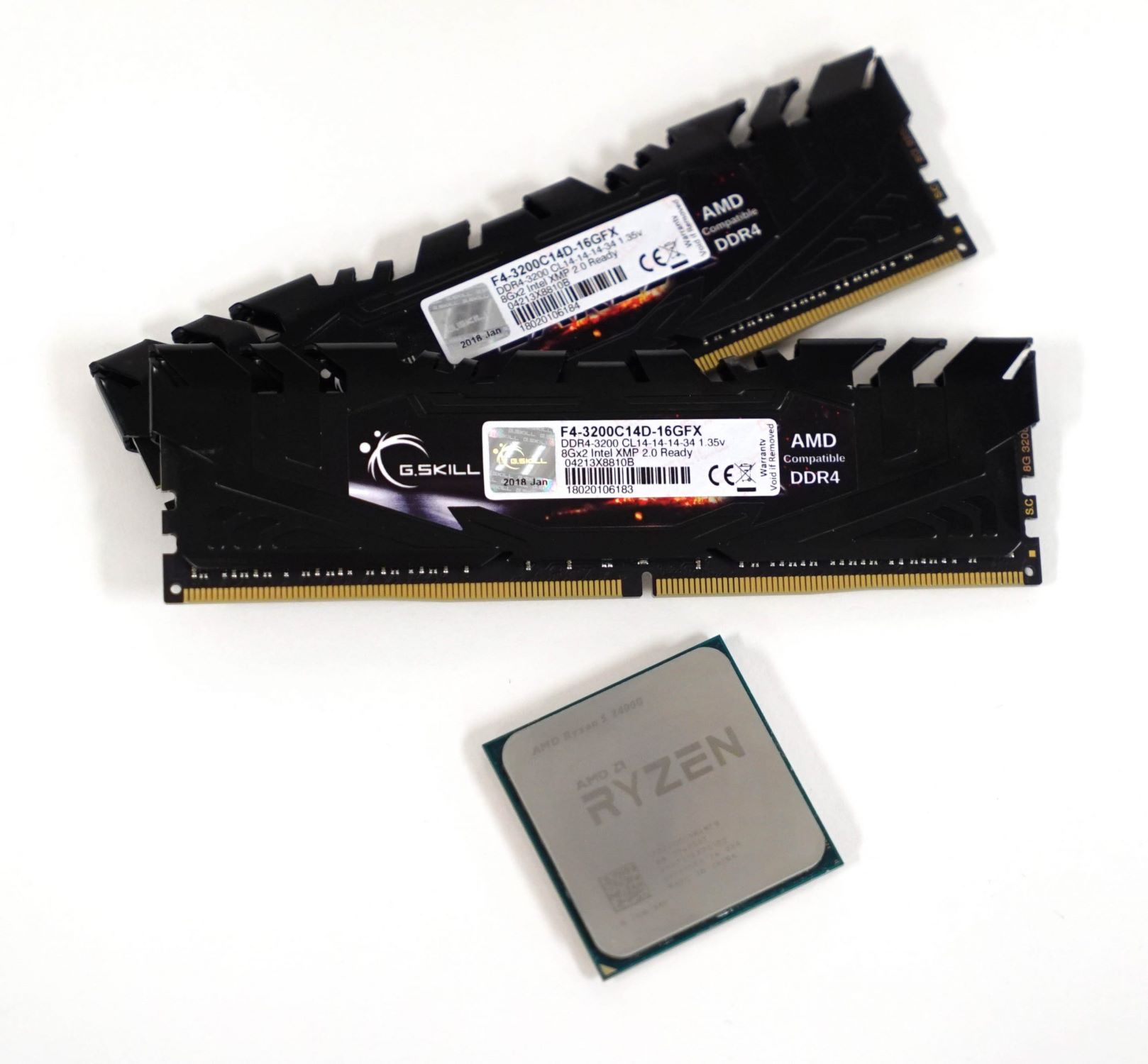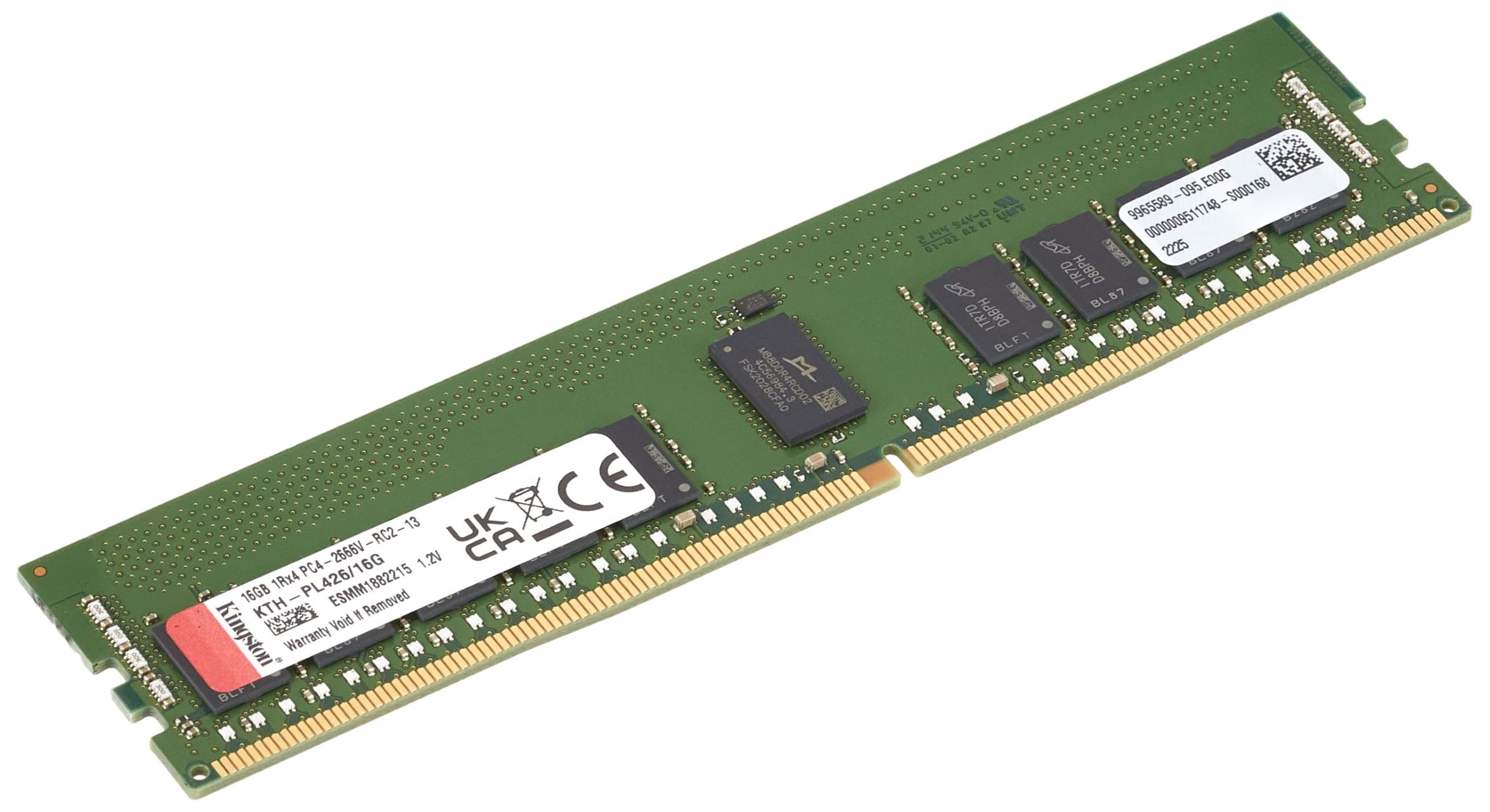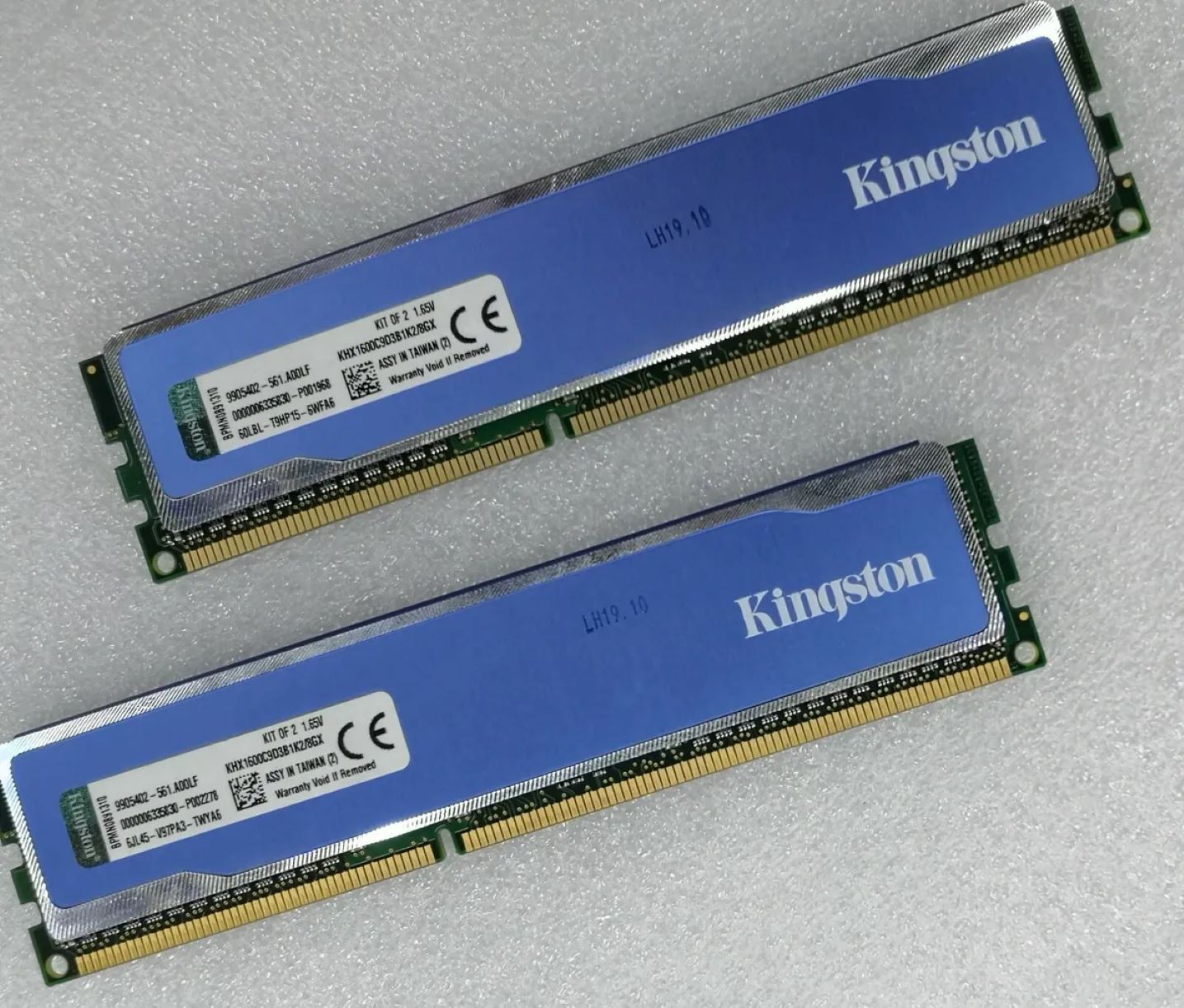Introduction
Gaming has taken the world by storm, captivating millions of enthusiasts around the globe. Whether you’re a casual gamer or a seasoned pro, having the right hardware is essential for an immersive and enjoyable gaming experience. When it comes to choosing between a gaming laptop and a gaming PC, there are several factors to consider. Both options have their advantages and disadvantages, depending on your specific needs and preferences. In this article, we will explore the key differences between gaming laptops and gaming PCs to help you make an informed decision.
Gaming laptops are portable and compact, offering the convenience of gaming on the go. With advancements in technology, modern gaming laptops are equipped with powerful processors and high-performance graphics cards, allowing for smooth gameplay and realistic visuals. On the other hand, gaming PCs are desktop computers specially designed for gaming, offering superior power and customizability. They are typically bulkier and require a dedicated setup but offer better performance and potential for future upgrades.
The primary focus of this article is to compare gaming laptops and gaming PCs in terms of performance, mobility, upgradability, cost, display, cooling, and input devices. Each factor plays a crucial role in determining which option is better suited for your gaming needs. So, let’s delve deeper into the details and discover the pros and cons of each option.
Performance
When it comes to gaming, performance is a vital aspect to consider. Both gaming laptops and gaming PCs offer impressive performance capabilities, but there are differences in terms of power and optimization.
Gaming PCs are known for their superior performance due to their larger size and better cooling systems. They can accommodate powerful CPUs and graphics cards, allowing for smooth and lag-free gameplay even for resource-intensive games. Additionally, gaming PCs offer better flexibility in terms of overclocking, which can further boost performance for hardcore gamers who want to push their hardware to the limits.
On the other hand, gaming laptops have made significant strides in recent years and can now compete with gaming PCs when it comes to performance. With the advent of high-performance graphics cards and CPUs designed specifically for laptops, gaming laptops are capable of running demanding games with impressive frame rates. However, it’s important to note that the compact form factor of gaming laptops limits their overall performance potential compared to desktop gaming PCs.
Furthermore, gaming PCs have an advantage in terms of upgradability. As technology advances, you can easily upgrade various components of a gaming PC, such as the graphics card, CPU, RAM, and storage, to keep up with the latest gaming requirements. This ability to customize and upgrade allows gamers to future-proof their system and ensure optimal performance for years to come.
In contrast, gaming laptops have limited upgradability options. While some laptops may have upgradeable RAM or storage, the majority of components are integrated and not easily replaceable. This means that once you purchase a gaming laptop, you are locked into the hardware configuration and cannot make significant upgrades in the future.
Overall, when it comes to performance, gaming PCs offer the edge due to their superior hardware capabilities and upgrade potential. However, gaming laptops have come a long way and can provide excellent performance for gamers who prioritize portability and convenience.
Mobility
One of the key advantages of gaming laptops over gaming PCs is their mobility. Gaming laptops are designed to be portable, allowing gamers to take their gaming experience on the go. This portability opens up a whole new world of gaming possibilities.
Gaming laptops are lightweight and compact, making them easy to carry around and set up wherever you go. Whether you’re traveling, visiting a friend’s house, or attending a gaming event, you can bring your gaming laptop along and play your favorite games without the need for a dedicated gaming setup.
This mobility factor is particularly beneficial for competitive gamers who participate in tournaments or LAN parties. Gaming laptops allow gamers to compete in a variety of locations without compromising on performance or gameplay experience. It also eliminates the hassle of transporting a heavy and bulky gaming PC setup.
Additionally, gaming laptops come with built-in displays, eliminating the need for an external monitor. This further enhances the portability aspect, as you can simply open your laptop and start gaming anywhere without the need to connect to an external display.
However, it’s important to note that while gaming laptops offer mobility, they do come with some trade-offs. The compact design and portability often mean that gaming laptops have a smaller screen size compared to gaming PCs. This can affect the overall gaming experience, especially for games that benefit from a larger display.
Furthermore, gaming laptops tend to have shorter battery lives compared to gaming PCs. Since they require more power to run high-performance games, the battery may drain quickly, limiting the gaming time without access to a power source.
Overall, gaming laptops offer the advantage of mobility, allowing gamers to enjoy their favorite games wherever they go. The ability to play games on the move without the need for a dedicated gaming setup is a significant benefit for gamers who are often on the move or participate in competitive gaming events.
Upgradability
When it comes to upgradability, gaming PCs have a clear advantage over gaming laptops. Gaming PCs offer extensive upgradability options, allowing gamers to easily swap out components and keep their systems up to date with the latest technology.
With a gaming PC, you have the freedom to upgrade various components such as the graphics card, CPU, RAM, storage, and even the power supply. This flexibility allows you to customize your system based on your gaming needs and budget. Whether you want to enhance graphic performance, increase storage capacity, or improve overall processing power, a gaming PC provides the ability to do so.
Furthermore, as technology advances, gaming PC parts become more affordable as new generations of hardware are released. This means that you can upgrade your gaming PC gradually over time, avoiding the need for a complete system overhaul. This cost-effective approach allows gamers to stay at the forefront of gaming technology without breaking the bank.
In contrast, gaming laptops have limited upgradability options. The majority of components are integrated, making it difficult to replace or upgrade individual parts. While some gaming laptops may allow for upgrades to RAM or storage, major upgrades such as the graphics card or CPU are typically not possible.
It’s worth noting that there are some high-end gaming laptops that offer external GPU docking stations, which allow you to connect a desktop-class graphics card to boost gaming performance. However, this option is limited to a specific subset of gaming laptops and can be expensive.
Overall, if upgradability is a priority for you, a gaming PC is the better choice. The ability to customize and upgrade individual components gives gamers the freedom to adapt their systems to changing gaming requirements and technology advancements.
Cost
Cost is another important factor to consider when deciding between a gaming laptop and a gaming PC. Both options come with different price ranges, and it’s essential to evaluate your budget and gaming needs before making a decision.
Gaming laptops tend to be more expensive compared to gaming PCs with similar performance capabilities. This is primarily due to the compact form factor and the need to integrate powerful hardware into a portable device. The cost of gaming laptops can quickly escalate, especially if you opt for high-end components, such as top-of-the-line graphics cards and processors.
On the other hand, gaming PCs offer greater affordability, especially when considering the performance-to-cost ratio. Desktop components are generally cheaper compared to their laptop counterparts, allowing gamers to build a powerful gaming rig at a lower price point.
Moreover, with gaming PCs, you have the flexibility to choose and purchase individual components according to your budget and performance requirements. This means you can prioritize spending on key areas like the graphics card or CPU while compromising on other components to fit within your budget.
It’s important to consider that the initial investment in a gaming PC may be higher, especially if you need to purchase additional peripherals like a monitor, keyboard, and mouse. However, over time, gaming PCs offer better long-term value due to their upgradability options. Rather than replacing the entire system, you can upgrade individual components as needed, saving money in the long run.
Ultimately, the cost of a gaming laptop or gaming PC will depend on your specific needs and budget. If portability and convenience are a top priority, and you have the budget to accommodate the higher cost, a gaming laptop may be the right choice for you. However, if you have a tighter budget and prioritize performance and upgradability, a gaming PC offers better value for money.
Display
The display is a crucial aspect of the gaming experience, as it directly affects how we perceive the visuals and immerse ourselves in the game world. When comparing gaming laptops and gaming PCs, there are factors to consider regarding the display.
Gaming laptops typically come with built-in displays, which offer the advantage of convenience. You don’t need to invest in an additional monitor or worry about connecting external devices. The built-in displays are specifically designed for gaming, often featuring high refresh rates and vibrant colors. However, gaming laptops do have limitations in terms of screen size. Due to their compact form factor, gaming laptops generally have smaller displays compared to gaming PCs. While this may not be an issue for some gamers, others may prefer a larger screen size for a more immersive gaming experience.
In contrast, gaming PCs provide the flexibility of choosing from a wide range of monitors to enhance the gaming experience. Gamers can select monitors with larger screen sizes, higher resolutions, and superior color accuracy. This allows for a more detailed and visually stunning gaming experience. Additionally, gaming PCs can support multiple monitors, which can be beneficial for tasks such as multitasking or immersive gaming setups.
Another aspect to consider is the refresh rate. Many gaming laptops and gaming PCs offer displays with high refresh rates, such as 144Hz or even 240Hz. The higher refresh rate results in smoother visuals and reduces motion blur, enhancing gameplay and providing a competitive edge for fast-paced games.
It’s important to note that while gaming laptops do offer built-in displays, they still provide the option to connect to external monitors or TVs for a larger screen size. This flexibility allows gamers to enjoy the best of both worlds, gaming on a portable device or connecting to a larger display for a more immersive experience.
In summary, gaming laptops provide the convenience of built-in displays, while gaming PCs offer the flexibility of choosing from a wide range of monitors with larger screen sizes and better visual performance. The choice between the two will depend on your preference for screen size, resolution, refresh rate, and whether you prioritize portability or a more immersive display setup.
Cooling
Cooling is a critical aspect to consider when it comes to gaming hardware, as intense gaming sessions can generate a significant amount of heat. Proper cooling ensures that your hardware operates at optimal temperatures, preventing overheating and potential performance issues.
Gaming PCs generally have better cooling capabilities compared to gaming laptops. They are designed with larger chassis and dedicated cooling mechanisms, such as multiple fans and efficient airflow systems. This allows for better heat dissipation, keeping the internal components cool even during resource-intensive gaming sessions.
The larger form factor of gaming PCs also provides the opportunity for more extensive cooling solutions, such as liquid cooling systems. Liquid cooling effectively absorbs and disperses heat, keeping temperatures even lower than traditional air cooling solutions. This can be particularly beneficial for overclocking, where extreme performance is desired.
On the other hand, gaming laptops face challenges when it comes to cooling due to their compact size. The confined space limits the airflow and may lead to higher operating temperatures, especially during extended gaming sessions. To combat this, gaming laptop manufacturers employ various cooling techniques, such as heat pipes and additional cooling fans. However, even with these measures, gaming laptops may still experience higher temperatures compared to gaming PCs.
It’s important to note that the high-performance components in gaming laptops generate more heat compared to mainstream laptops. As a result, gaming laptop users may experience more fan noise as the cooling system works harder to dissipate the heat. This can be a consideration for gamers who prioritize a quieter gaming experience.
In summary, gaming PCs offer better cooling capabilities due to their larger size and dedicated cooling mechanisms. This allows for efficient heat dissipation and lower operating temperatures, which is crucial for maintaining optimal performance. Gaming laptops, while equipped with their own cooling solutions, face limitations due to their compact form factor and may experience higher temperatures during long gaming sessions.
Input Devices
When it comes to gaming, input devices play a crucial role in providing a seamless and immersive gaming experience. Both gaming laptops and gaming PCs offer various options for input devices, such as keyboards, mice, and controllers.
Gaming laptops typically come with built-in keyboards and trackpads. These keyboards are often designed with gaming in mind, featuring features like customizable RGB lighting, anti-ghosting, and dedicated macro keys. While gaming laptops’ built-in keyboards can be sufficient for casual gaming, many gamers prefer the tactile feedback and precision of external gaming keyboards. The smaller form factor and integrated nature of laptop keyboards may not provide the same level of comfort and customization options found in dedicated gaming keyboards.
On the other hand, gaming PCs offer a wider range of options for input devices. Gamers can choose from a vast selection of gaming keyboards and mice, tailored specifically for gaming with features like mechanical switches, programmable keys, and adjustable DPI. These external peripherals often provide a more comfortable and customizable gaming experience, allowing gamers to fine-tune their controls to their preferences.
In addition to keyboards and mice, gaming controllers are another popular input device used for gaming. Both gaming laptops and gaming PCs support various gaming controllers, such as Xbox or PlayStation controllers, which can be connected via USB or wireless adapters.
It’s worth noting that gaming laptops often have a limited number of USB ports, which can impact the number of peripherals you can connect simultaneously. Gaming PCs, on the other hand, offer more extensive connectivity options, allowing for multiple peripherals to be connected simultaneously.
Overall, while gaming laptops provide built-in keyboards and trackpads that are specifically designed for gaming, many gamers prefer the expanded options and customization options available with external keyboards and mice. Gaming PCs offer a wider range of input devices, allowing gamers to choose peripherals that suit their preferences and enhance their gaming experience.
Conclusion
Choosing between a gaming laptop and a gaming PC ultimately depends on your specific needs, preferences, and budget. Both options have their own advantages and disadvantages, and it’s important to consider the factors that matter most to you.
If portability and mobility are essential to you, a gaming laptop provides the convenience of gaming on the go. With advancements in technology, gaming laptops now offer impressive performance capabilities, making them a viable choice for gamers who are frequently on the move or participate in competitive gaming events.
On the other hand, if you prioritize superior performance, upgradability, and customization, a gaming PC offers a more powerful and flexible gaming experience. With the ability to easily upgrade components and customize your system, gaming PCs provide longevity and the opportunity to keep up with the latest gaming technologies.
Cost is also a factor to consider. Gaming laptops tend to be more expensive compared to gaming PCs with similar performance capabilities. However, gaming PCs may require additional expenses for peripherals like monitors and keyboards. It’s important to evaluate your budget and consider long-term value when making a decision.
Other factors such as display size, cooling capabilities, and input devices can also impact your gaming experience. Gaming PCs generally offer larger screen sizes, better cooling systems, and a wider range of input device customization options compared to gaming laptops.
In conclusion, there is no definitive answer to whether a gaming laptop or a gaming PC is better. It all boils down to your specific needs and priorities. Consider your gaming style, portability requirements, performance expectations, budget, and other factors discussed in this article to make an informed decision that aligns with your gaming preferences and lifestyle.

























